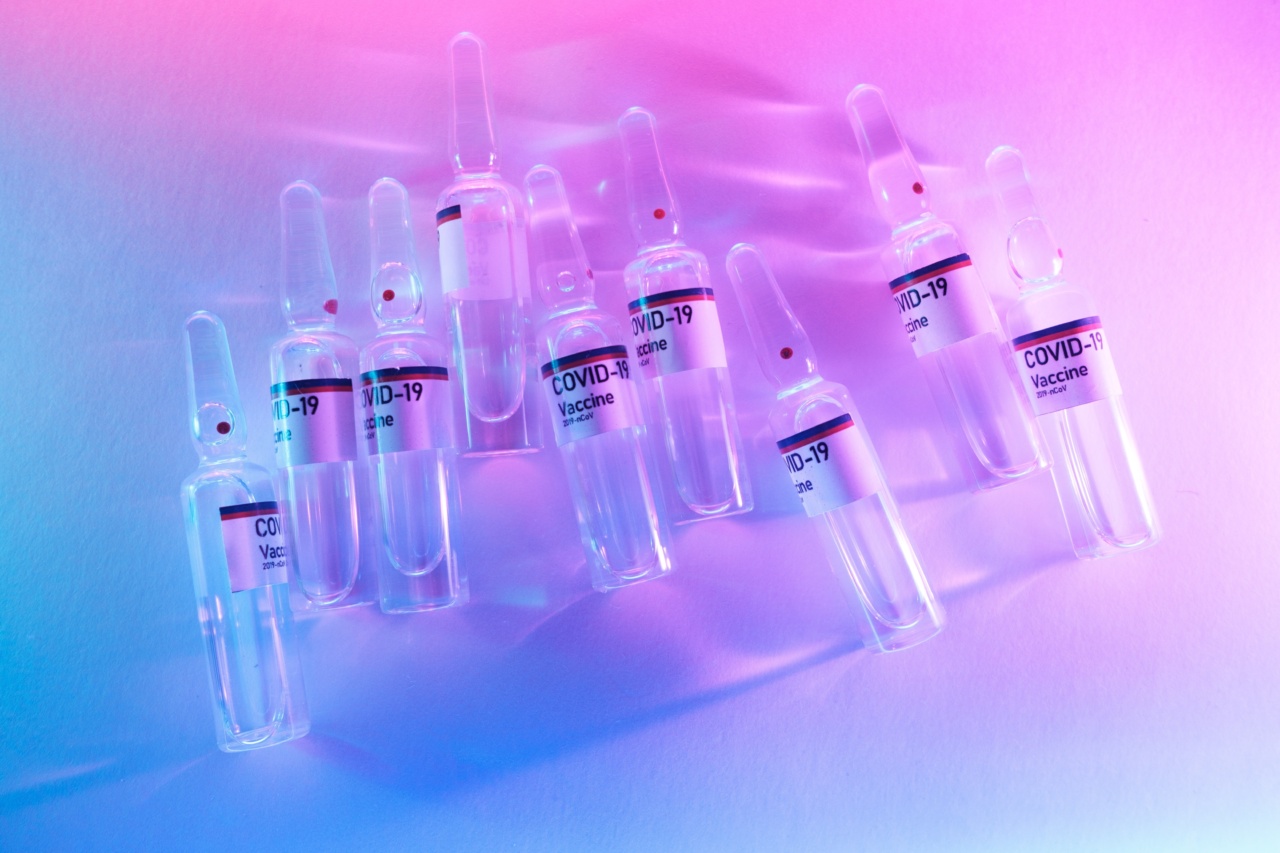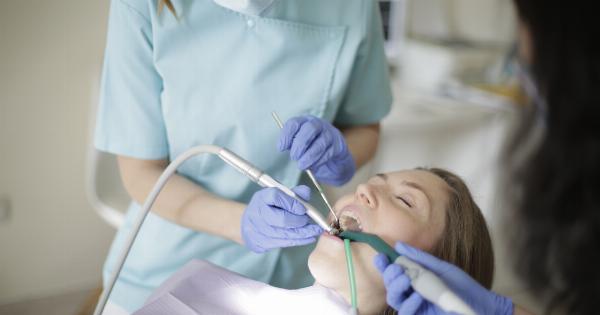Oral solutions are a common form of medication used by millions of people across the world. They are used to treat a variety of ailments, from headaches and sore throats to more serious conditions like hypertension and diabetes.
However, many people wonder whether oral solutions are safe for everyone, particularly for vulnerable populations like children and the elderly.
What are Oral Solutions?
An oral solution is any medication that is taken orally as a liquid rather than in a pill form. These solutions usually come in a bottle or a pre-filled syringe and are usually taken with a dropper or a spoon.
The liquid form is intended to make it easier for people to take their medication, particularly for those who have difficulty swallowing pills.
Who Can Take Oral Solutions?
In general, oral solutions are safe for most people to take. However, there are some exceptions. Children and the elderly may need to take smaller doses of medication because their bodies metabolize drugs differently than adults.
Pregnant and breastfeeding women should also be cautious with oral solutions and consult their doctors before taking any type of medication.
Common Oral Solutions
There are a variety of oral solutions available on the market today, each designed to treat a specific condition. Here are some of the most common types of oral solutions:.
- Cough and cold medicine: Used to relieve symptoms of the common cold, such as congestion, coughing, and a sore throat.
- Painkillers: Used to relieve mild to moderate pain, such as headaches, back pain, and menstrual cramps.
- Antibiotics: Used to treat bacterial infections such as strep throat, urinary tract infections, and sinus infections.
- Antihistamines: Used to relieve symptoms of allergies, such as runny nose, itchy eyes, and hives.
- Anti-inflammatory drugs: Used to treat chronic conditions such as rheumatoid arthritis, psoriasis, and Crohn’s disease.
Possible Side Effects of Oral Solutions
Like any medication, oral solutions can have side effects. Some of the most common side effects include:.
- Nausea and vomiting
- Dizziness
- Dry mouth
- Headaches
- Drowsiness
In rare cases, oral solutions can cause more serious side effects such as an allergic reaction or liver damage. If you experience any of these symptoms, you should seek medical attention immediately.
Precautions When Taking Oral Solutions
When taking oral solutions, there are some general precautions you should take to ensure your safety:.
- Always follow the dosage instructions: Taking too much medication can be dangerous and can cause side effects.
- Store medication safely: Keep all medications out of the reach of children and pets. Store them in a cool, dry place away from direct sunlight.
- Do not mix medications without consulting your doctor: Some drugs can interact with each other and cause serious side effects.
- Consult your doctor before taking any new medication: Your doctor can help you determine whether a new medication is safe for you to take and can advise you on any potential side effects.
Conclusion
Oral solutions are a safe and effective way to take medication. However, it is important to follow dosage instructions and take precautions to ensure your safety.
If you are unsure about whether oral solutions are safe for you to take, consult your doctor.































